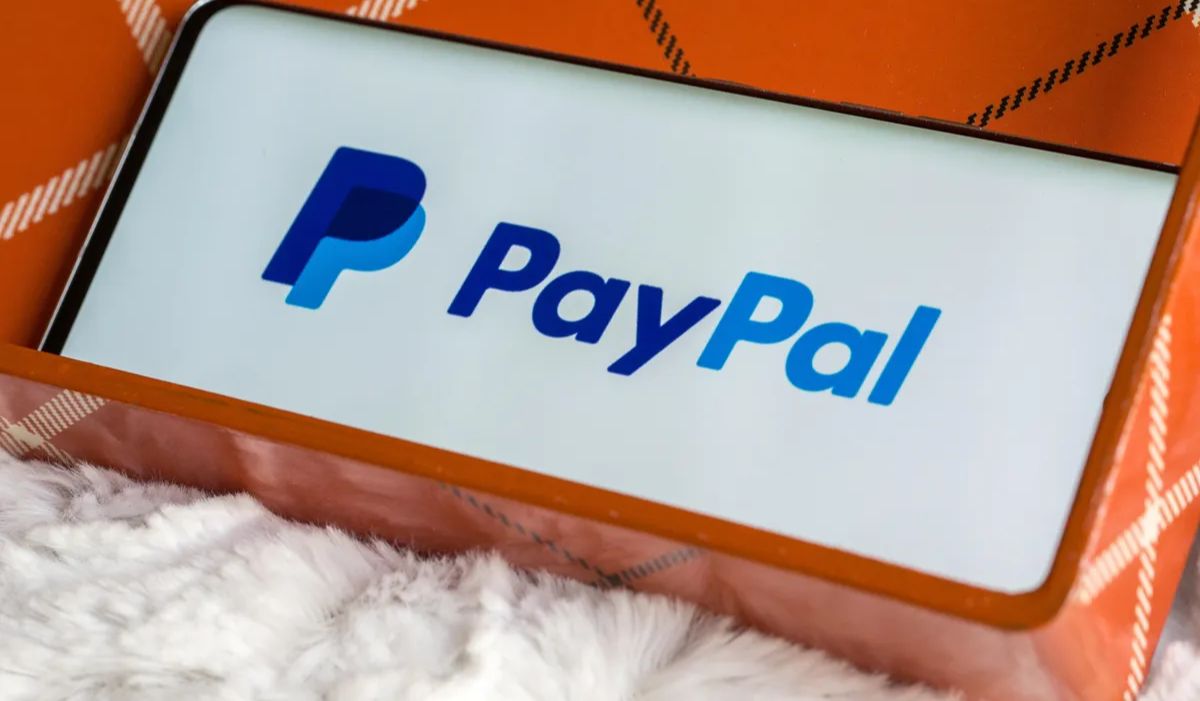New ‘PayPal Links’ Feature Expands P2P Payments, With Crypto Integration Ahead

PayPal has rolled out a new feature called “PayPal Links,” designed to make peer-to-peer transactions more seamless. The tool allows users to create personalised, one-time payment links that can be shared through text, email, or chat, removing the need for recipients to download an app before sending or receiving money. The feature is already live in the United States, with expansion to the United Kingdom, Italy, and other markets planned later this month.
According to the company, PayPal Links is part of a broader effort to bring simplicity and universality to digital payments. Users will soon also be able to integrate crypto directly into this new peer-to-peer flow, enabling transfers of Bitcoin, Ethereum, PayPal USD (PYUSD), and other supported assets across PayPal, Venmo, and a growing list of compatible wallets worldwide.
The feature is expected to boost customer adoption by offering a frictionless payment method while keeping personal transfers exempt from 1099-K reporting, similar to Venmo’s friends-and-family option. Links expire after 10 days if unused, and senders retain the option to cancel or resend requests, giving both parties greater flexibility and control.
Diego Scotti, PayPal’s General Manager of Consumer Group, said the feature represents the company’s next step in shaping digital money transfers. “For 25 years, PayPal has transformed how money moves between people. Now, whether you’re texting, emailing, or chatting, your money can flow with your conversations,” he noted.
The launch intensifies competition in the peer-to-peer payments market, where rivals like Zelle, Cash App, and Apple Cash are already entrenched. A recent J.D. Power study shows that while consumers typically use almost three P2P platforms, PayPal remains the most common secondary choice after Zelle.
This addition follows PayPal’s earlier rollout of “Pay with Crypto” for U.S. merchants, which gave businesses the option to accept over 100 cryptocurrencies with automatic conversion into fiat or stablecoins. Together, these developments highlight PayPal’s ongoing push to stay ahead in a rapidly evolving digital payments ecosystem.





